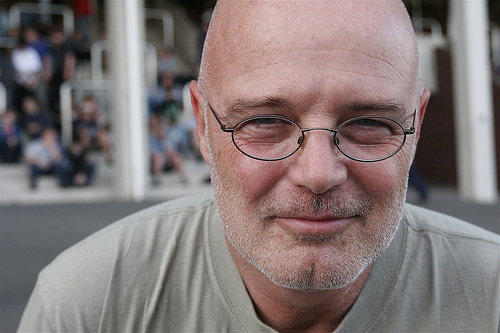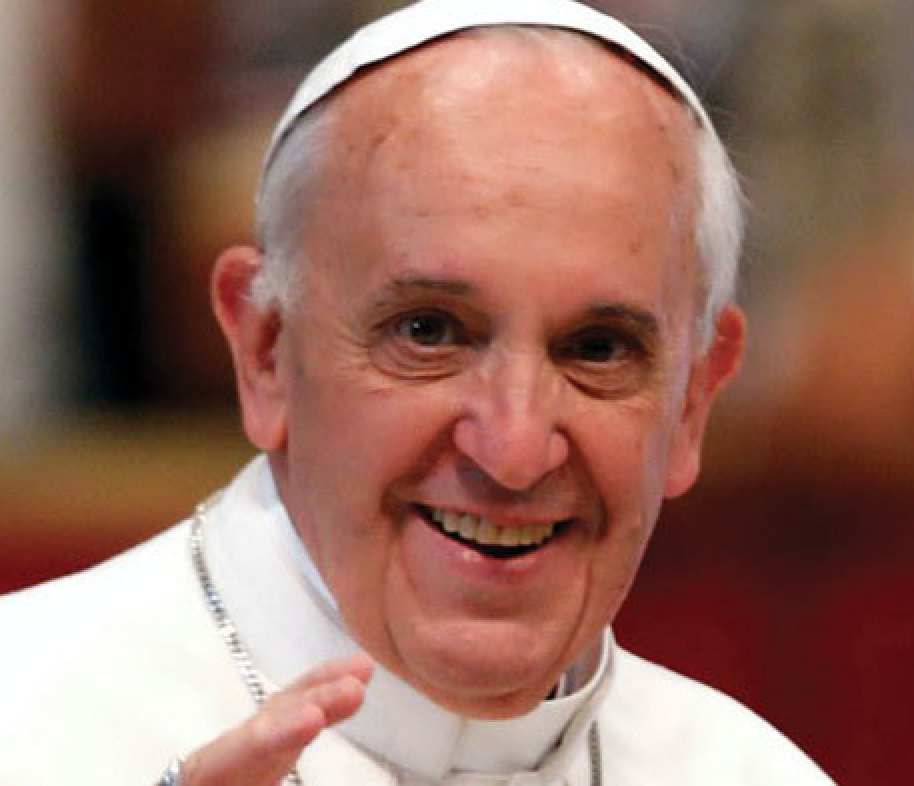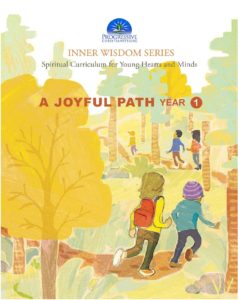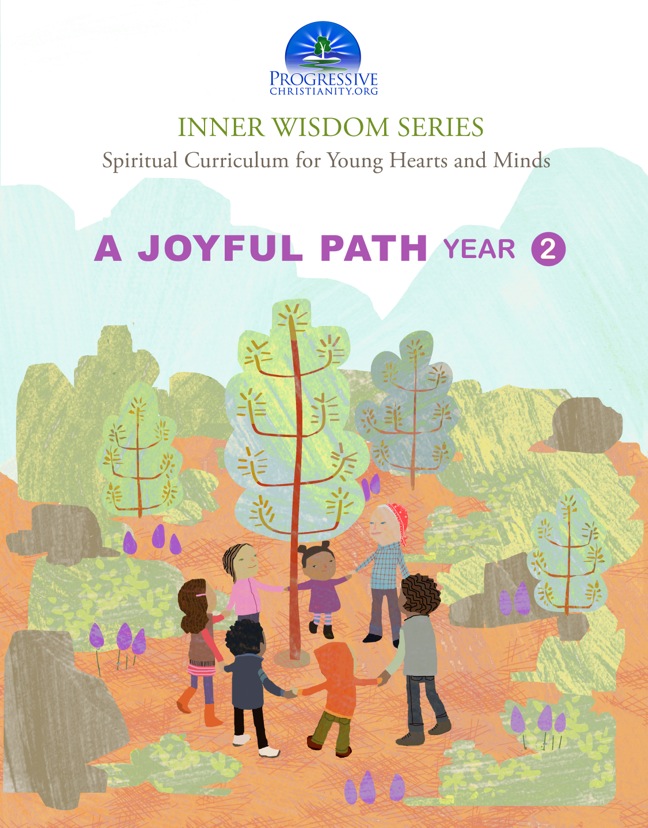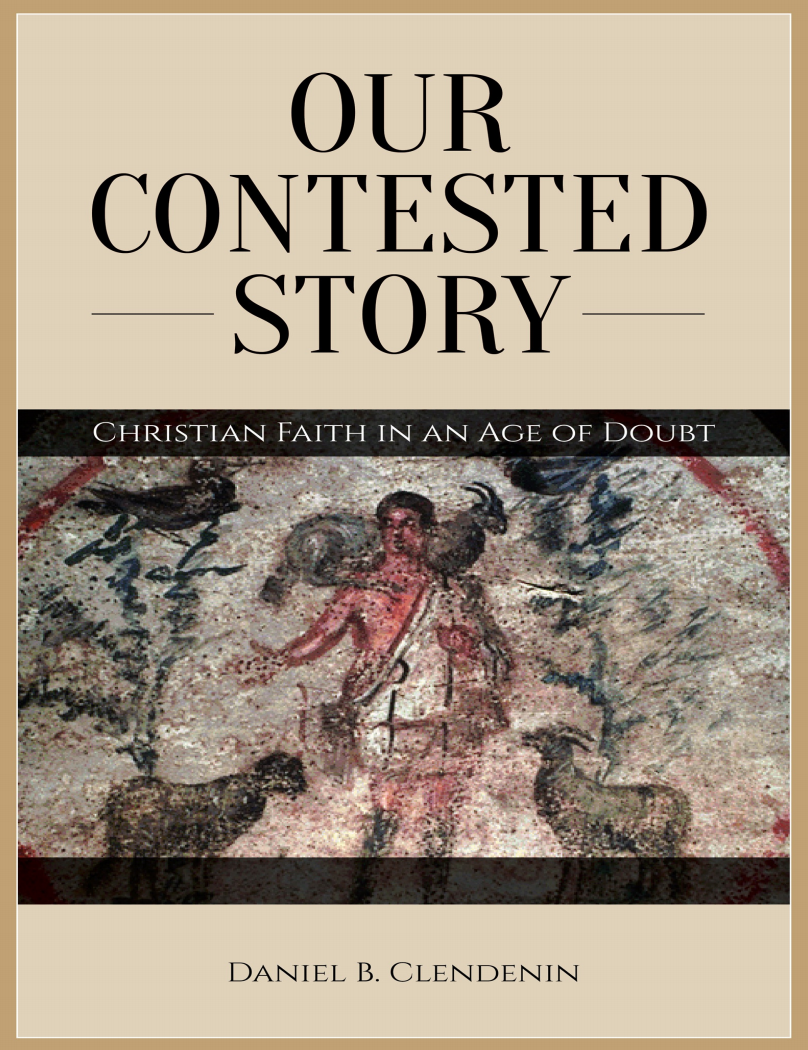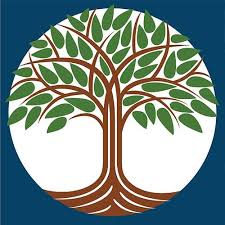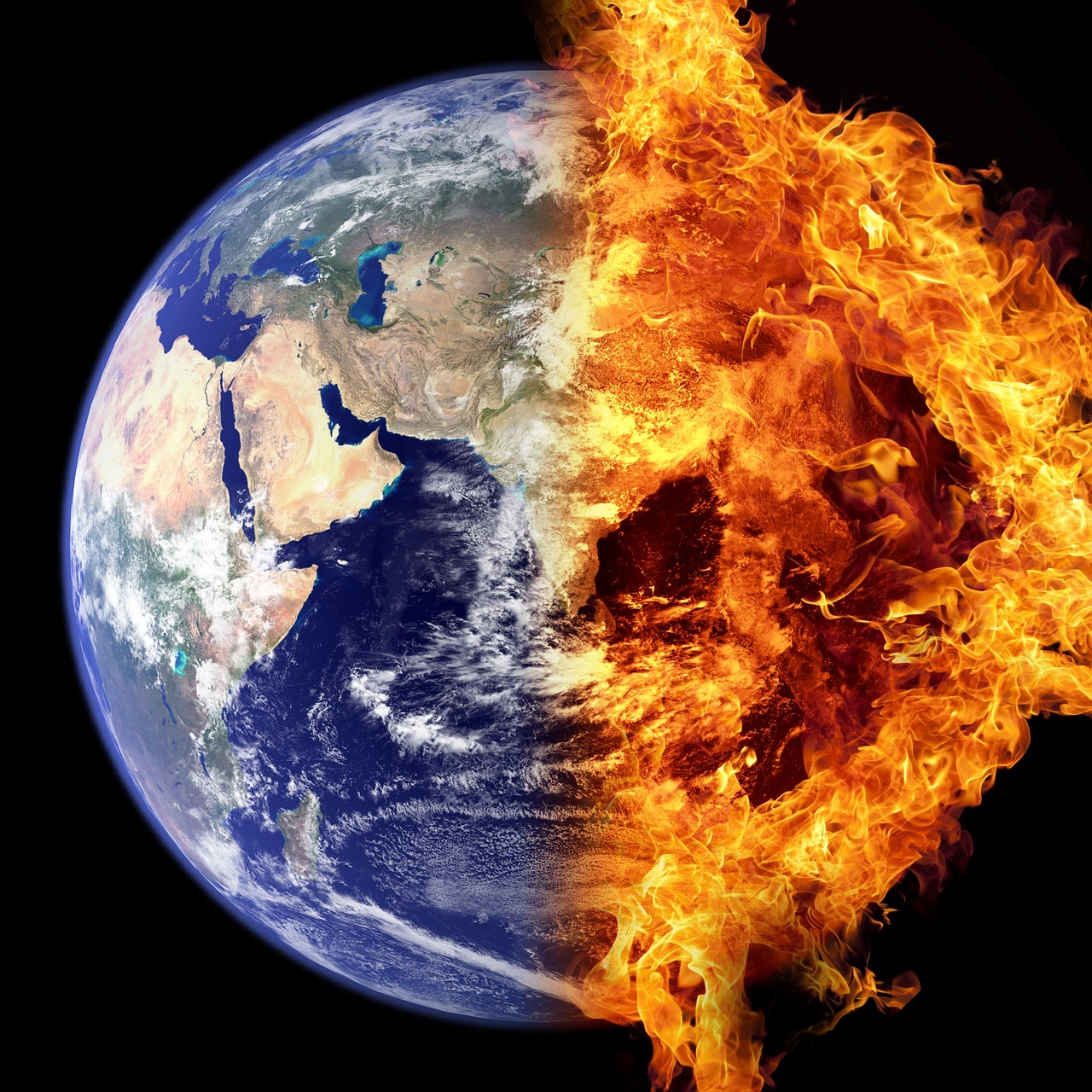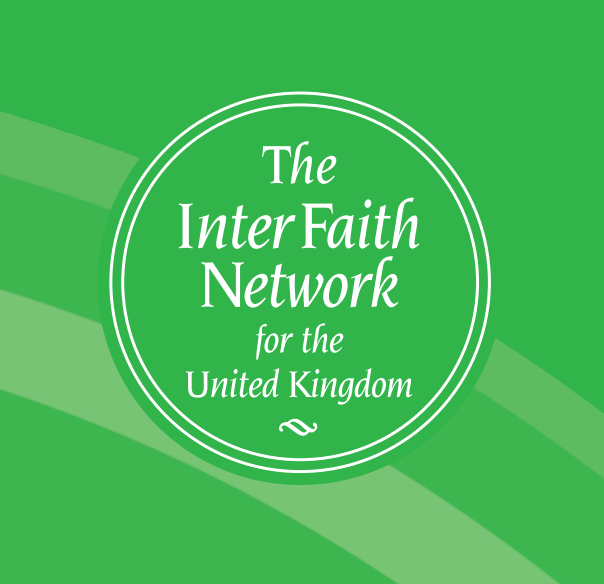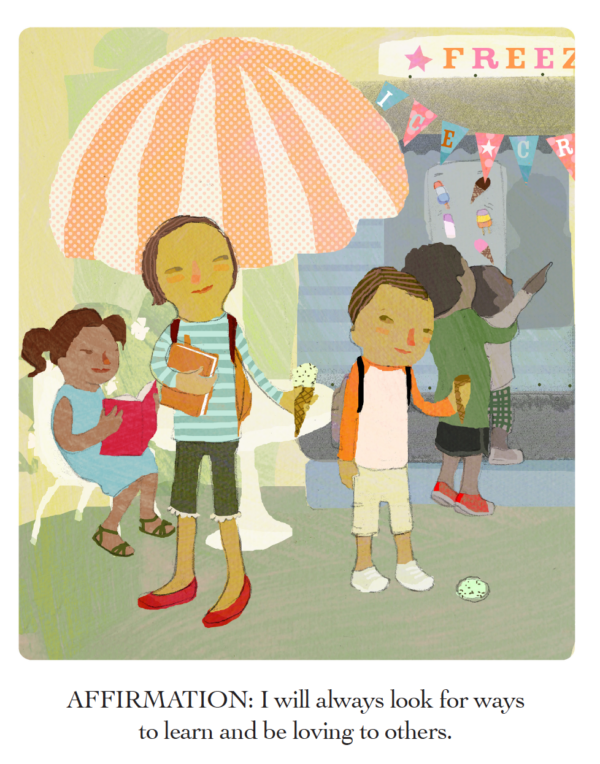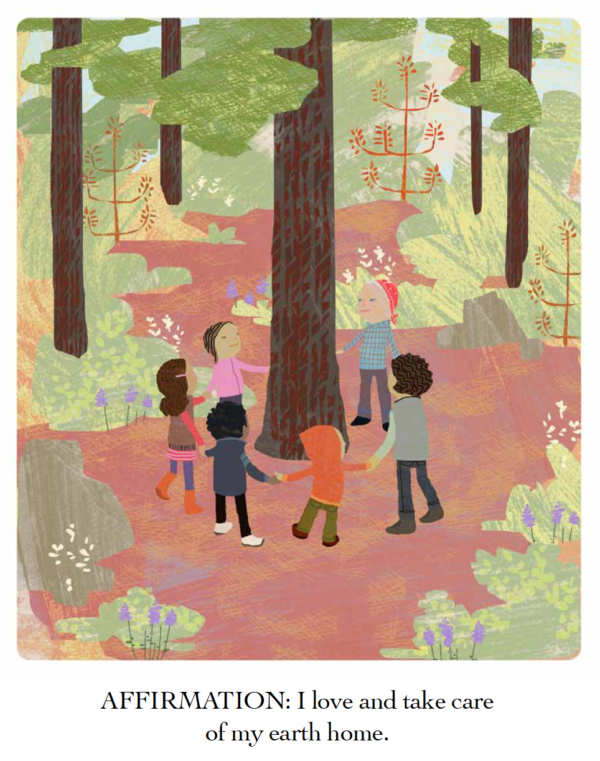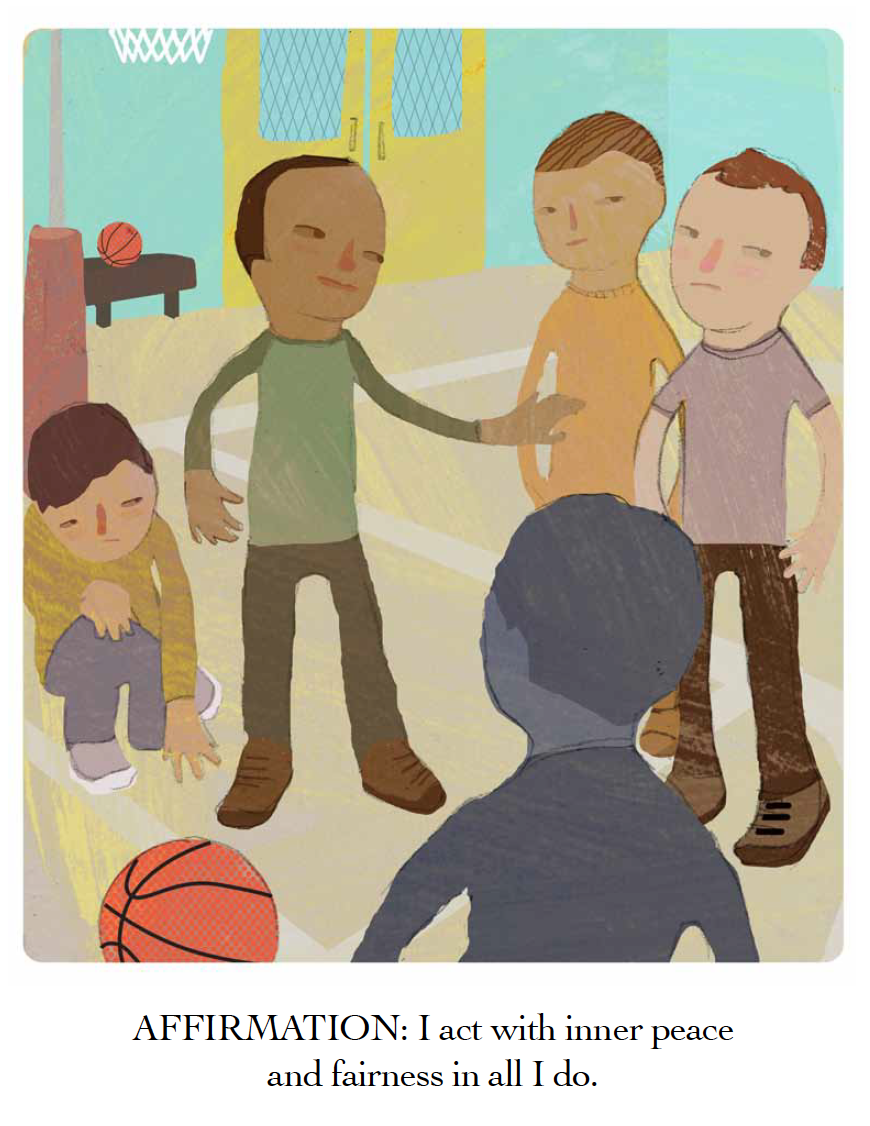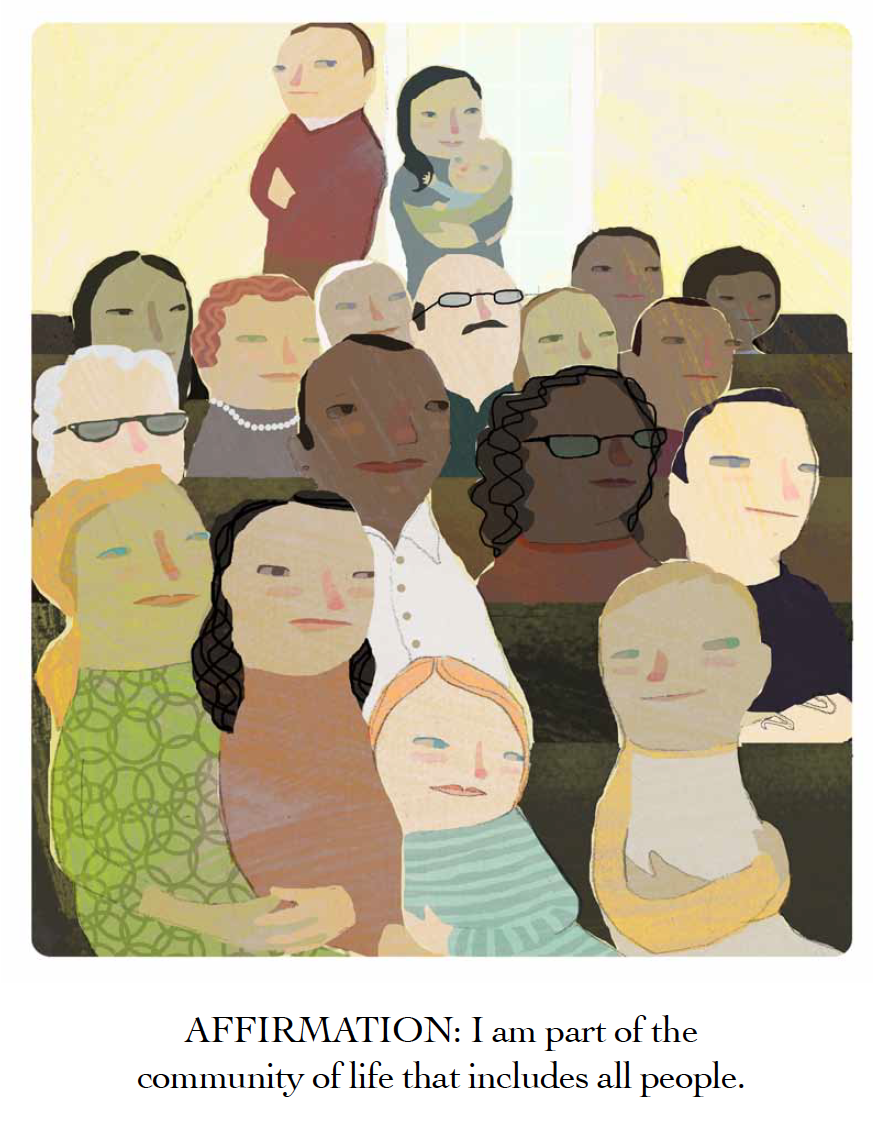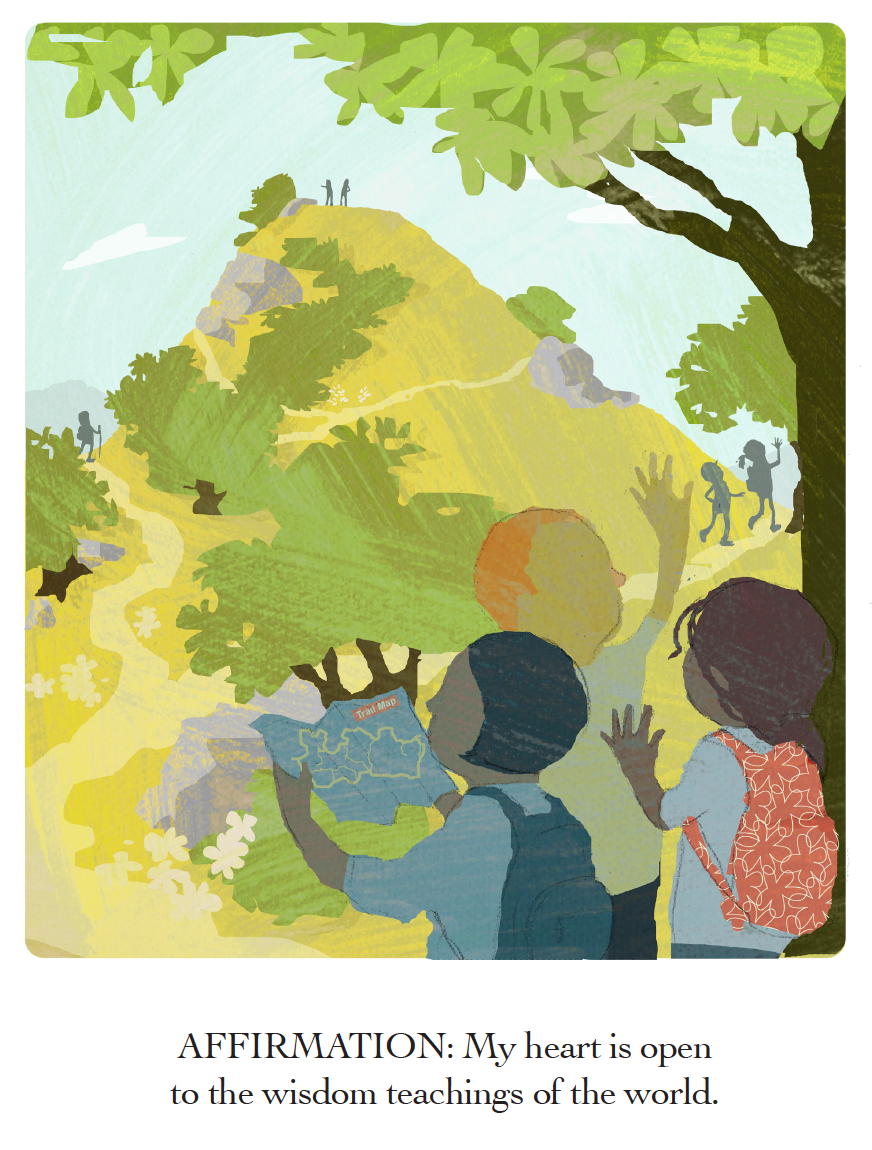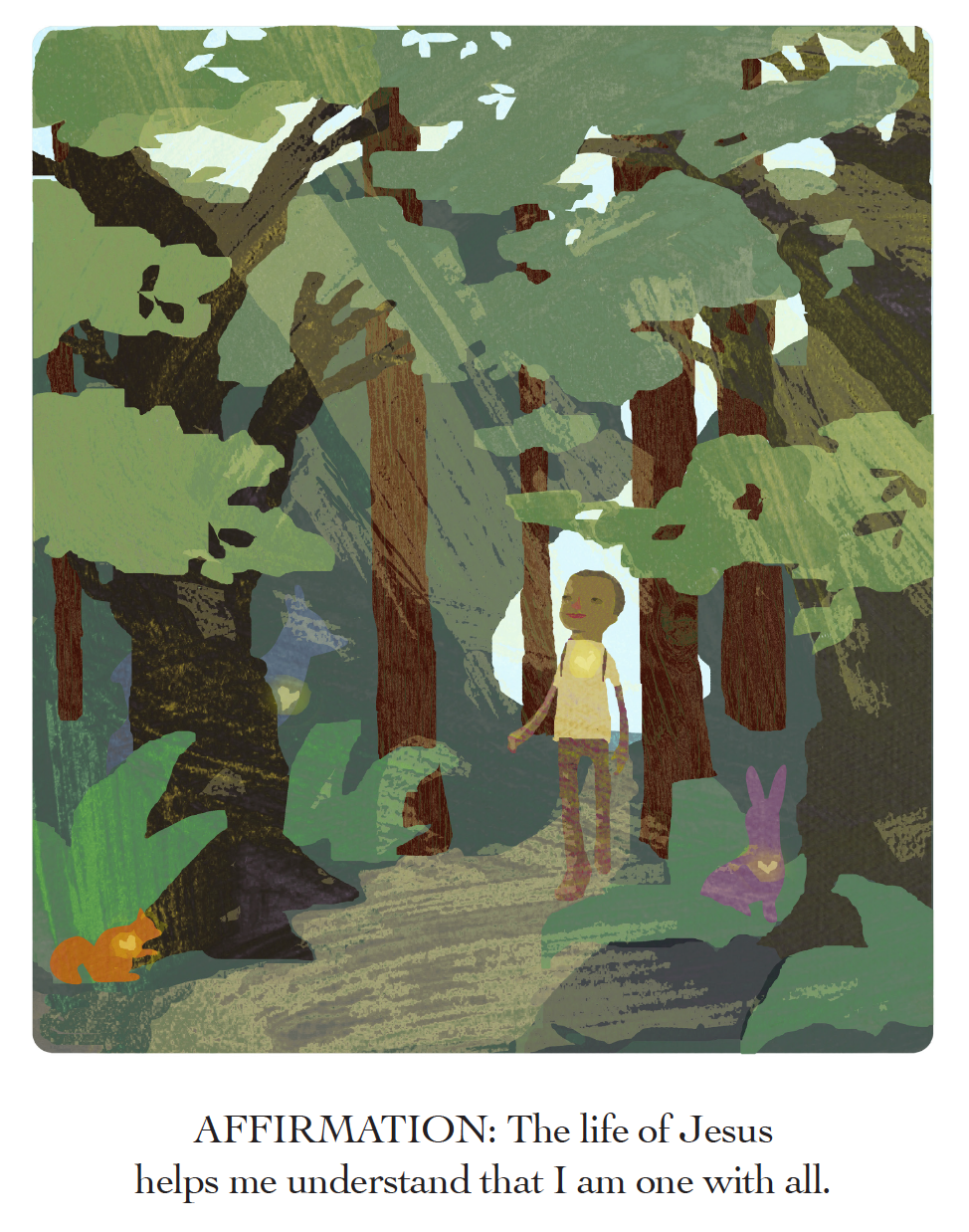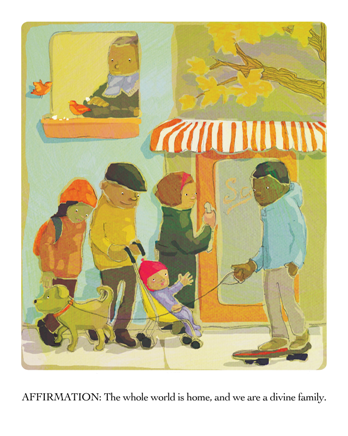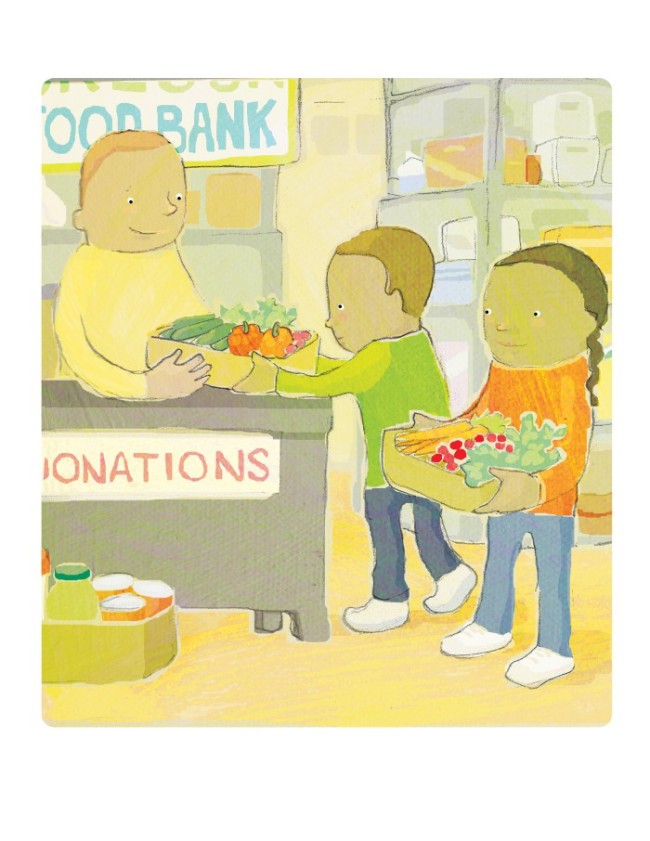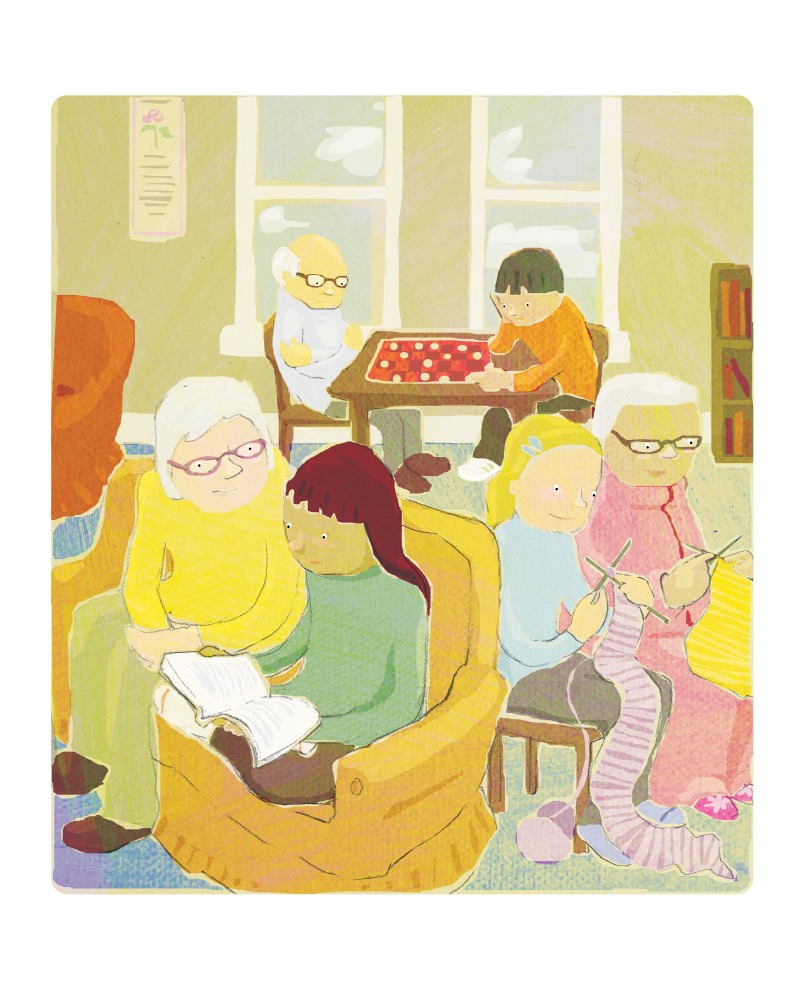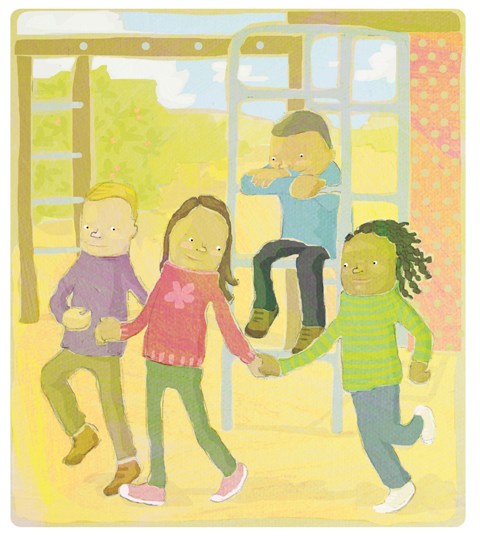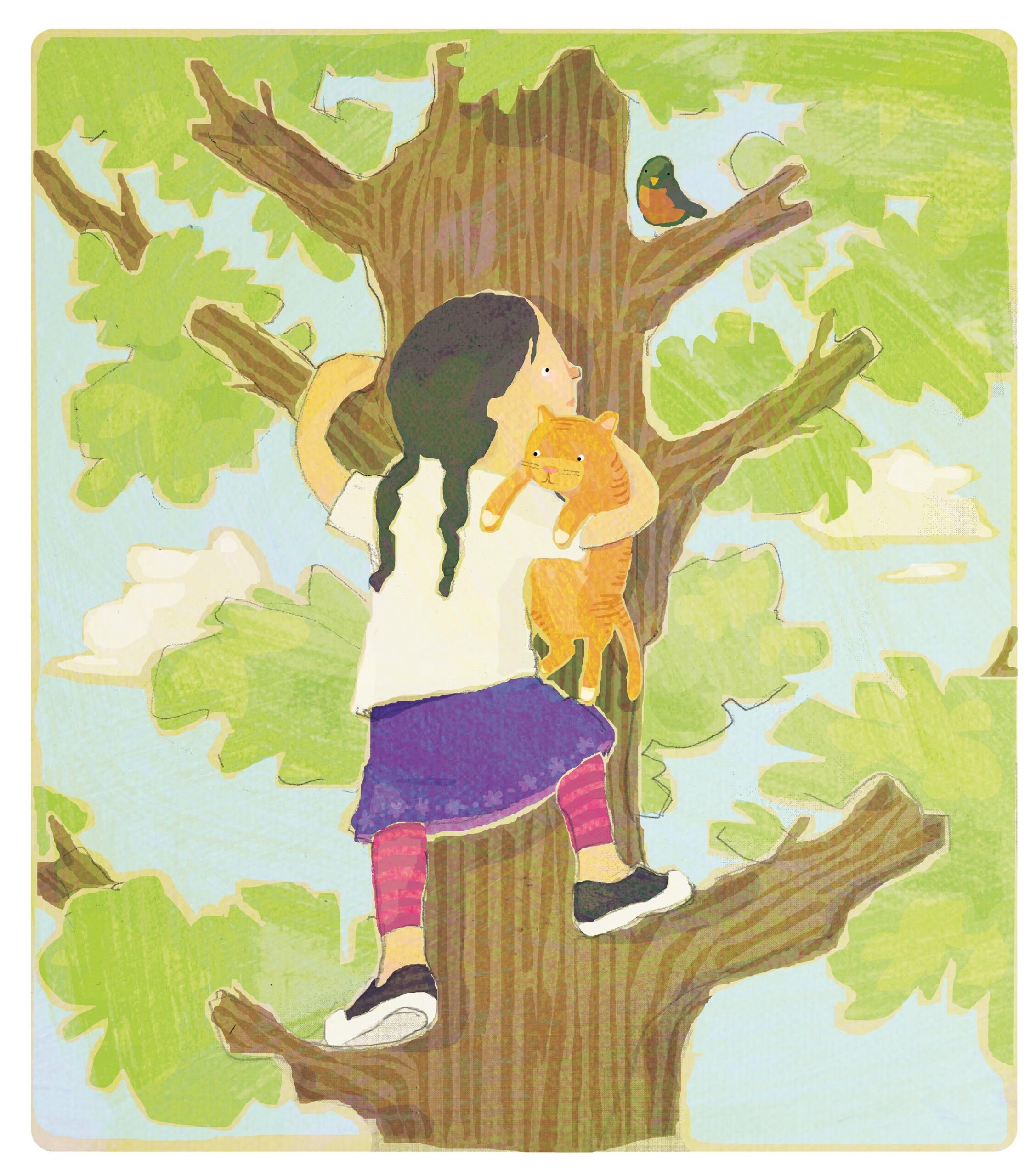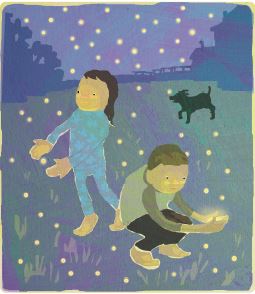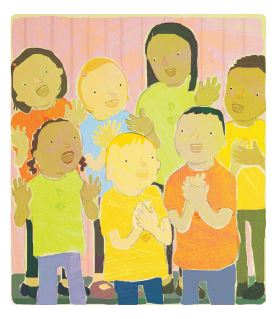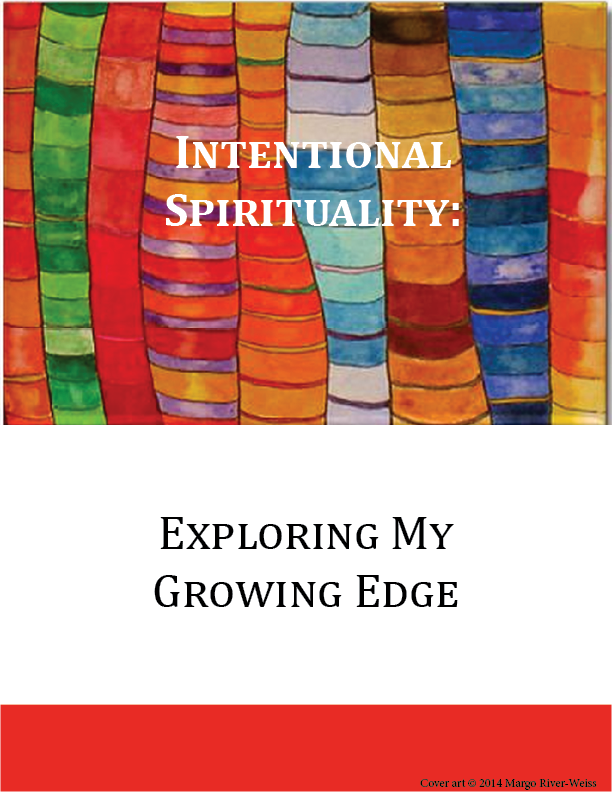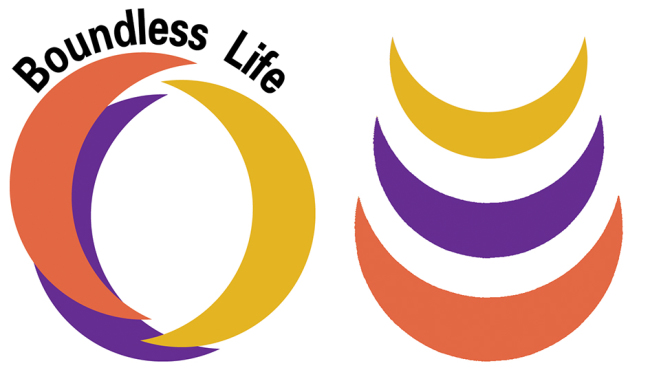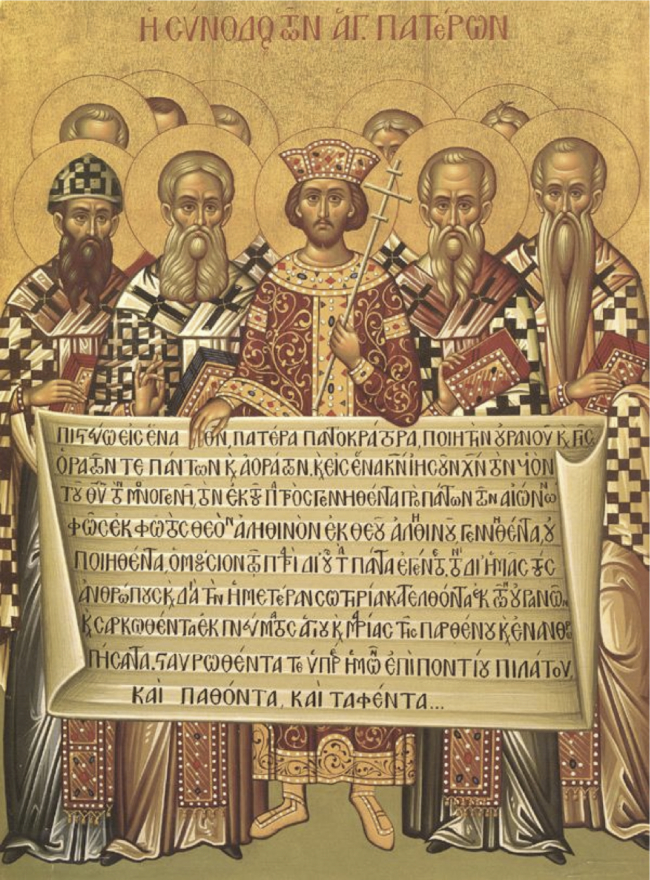If Jesus was right when he said, in his inaugural address (as found in Luke 4), that the Spirit of God’s agenda is to help the oppressed, the weak, the broken-hearted, those with (in Thurman’s words) their backs against the wall, then no wonder many people are struggling with their religious identity.
Auburn gathered individual groups of Black, Latinx, and White leaders of faith and moral courage to discuss what it means to belong to each other in a profoundly divided world.
On Fraternity and Social Friendship
Fraternity and social friendship are the ways the Pontiff indicates to build a better, more just and peaceful world, with the contribution of all: people and institutions. With an emphatic confirmation of a ‘no’ to war and to globalized indifference.
Created by Rev. Caleb J. Lines
It is extremely unfortunate that the coronavirus is negatively impacting so many (especially those who are elderly or living in poverty) and disrupting our day-to-day lives, however, one valuable insight that may result from this disastrous virus is congregational awareness about the necessity of technology.
For both Classroom and Home Schooling
Are you searching for a way to connect children with an authentic spiritual experience that is inter-spiritual, creative and multi-layered? A Joyful Path is truly progressive Christian curriculum that is inclusive, joy-full, compassionate, and intelligent.
In A Joyful Path, Year Two, we focus on some of the main tenets of Progressive Christianity and Spirituality, giving our children the foundation they need to walk the path of Jesus in today's world. It has stories and affirmations written to help children clarify their own personal beliefs while staying open to the wisdom of other traditions.
"Our Contested Story" is a whirlwind ride through the ancient yet contemporary conversation between Christian and secular cultures.
With series host Michael Dowd + 55 Experts
A worldwide movement is emerging at the nexus of science, inspiration, and sustainability. Beliefs are secondary. What unites us is a pool of shared values and commitments—and the vision of a just and healthy future for humanity and the larger body of life. This historic series of 30-60 minute Skype interviews showcases the work of many of today’s leaders and luminaries regarding what to expect in the decades ahead, what’s being done—what still needs to be done—and how to be in action despite enormous challenges. These 55 experts represent a veritable Who’s Who of prophetic inspiration.
Moving Beyond A Fast Approaching Critical Fork In Our Evolutionary Road (Free eBook)
Prominent scientists throughout the world are now telling us that before the end of the present century we may be facing a sudden and dramatic reversal in planetary sustainability. They point to a succession of dangerous ecological “tipping points” from which there can be no return. In his new book David Anderson explores solutions to this dilemma and provides a way for us to address them. He shows how this can be accomplished by challenging the implicit ecological legitimacy of many of the institutions on which human society is now grounded; political, social, religious, economic. He gives the reader a life changing way to partake in this great event that calls for a radically new understanding of our relationship to Planet earth and the cosmos.
This handy interfaith toolkit is full of useful resources and provides a bird’s eye view of interfaith activity in the United Kingdom. Themes touched on include why dialogue?, dialogue practicalities, dialogue on difficult issues, dialogue over food, limits to dialogue and bi-lateral, tri-lateral & multi-lateral dialogue.
Most young children are born with a sense of wonder and anticipate discovery around every corner. A shiny penny or a snowflake holds a world of delight. But perhaps because our culture tends to overstimulate and excite our children, boredom begins to seep in as children get older. It’s not uncommon to hear complaints of, “I’ve seen that” or “I know that already” from children who are already closing the doors to their sense of discovery.
The best way to enjoy the planet is to get out and do something — not sit and talk about it. This lesson offers an encouraging reminder for an attitude of enjoyment and appreciation when we experience the natural world in all its forms. To enjoy means to have an inner experience of joy — to be “in joy” as our bodies and minds are engaged in activity.
Progressive Christians believe that resisting oppression or cruelty in society has always been both an obligation and an opportunity for those who follow Jesus. It is an obligation because it is a way to test our commitment to the path. It is an opportunity because putting oneself at risk on behalf of another, as a result of one’s compassion, can be one of the most direct paths to an experience of the realm of God or that absolute sense of connectedness.
No matter what our family looks like outwardly, or whether our family is one of blood or one of choice, family is where we have some of the deepest connections of our hearts. Family is our first and lifelong teacher.
This group of lessons introduces children to the beliefs and rituals of five major world religions. The core value of this curriculum is that children have experiences that open their hearts and give them moments of joy and feelings of unity with nature and with others. These moments can occur through the arts and through the physical body. Therefore, most of the activities involve one or both. The intellect analyzes and distinguishes differences—valuable skills for scientific research and progress. The heart receives and feels unity. One of the goals of these lessons is that children understand that people of different religions have much in common.
In "A Joyful Path, Year Two" we focus on some of the main tenets of Progressive Christianity and Spirituality, giving our children the foundation they need to walk the path of Jesus in today's world. It has stories and affirmations written to help children clarify their own personal beliefs while staying open to the wisdom of other traditions.
If we look honestly at our mistakes and listen within for guidance, we will discover our true identity as an unlimited spirit.
When we see God within ourselves and others, being kind is natural.
When we share, our awareness grows beyond our little self to a broader reality.
Through service we find love and truth in action. When we serve with love and compassion, those whom we serve become brothers and sisters, not the others.
Finding ways to be a blessing to others is the best way to avoid doing harm. The idea of non-injury or harmlessness extends beyond our actions to our words and thoughts as well. We don’t want to burden children with guilt about their thoughts, but we want to offer opportunities to infuse their hearts and minds with thoughts of blessing and peace toward others.
Courage does not mean fearlessness and is a quality that exists within all beings and can be accessed at any time. We need only to turn inward to face life’s challenges with the courage that is already ours. Feeling anxious or fearful of new outward circumstances is normal for most people, but finding the courage to face those circumstances means recognizing that our divine nature is perfectly equipped and we have the inner resources to handle challenges.
Deep within our hearts, we all long for an expanded sense of self. We long to feel oneness with the universe, with spirit in all things, and with the infinite spirit that created everything that is. Each time we experience a sense of connection or a hint of freedom from our ego self-definition, we become more aware of the Sacred that is always in us and around us. Jesus may have called it the “Kingdom of God.” Some scholars believe, however, that “Queendom” or “Sacred Unity” is a more accurate translation of Jesus’ words when he spoke about this realm of God which is always available to each of us. Children naturally look for how they are a part of the world around them. They notice sameness and feel oneness more readily than adults who have been gradually trained to see only differences and separation. As we grow in our awareness, we learn that there is nowhere we can go and be apart from the constant, unchanging presence of God. We are never truly separate from anyone or anything in the universe. All that we do affects the world and everyone in it, like a ripple in a pond.
When we exclude others, we refuse to relate to realities different than our own, and we keep our experience defined in a way that is comfortable and familiar. If we want children to be inclusive, we have to help them redefine their experiences in a broader way. For instance, if older children exclude a younger child from a ball game because she can’t catch the ball, we can guide them to give her a special job that makes her feel part of the game. Finding a way to include her will expand their limited thinking. Scolding them for excluding her will most likely make them resentful, which leads to closing the heart. Accepting and coping with outward differences is an important step toward opening the heart to others. But to really include others in our reality, we must understand that despite apparent differences, there is only one self, one spirit, and one true reality, underlying all that is. The more children experience their own spiritual nature, the more they will recognize the one spirit in all.
Fostering Spiritual Depth in a Busy World • Small group materials help your members embed greater meaning in their lives. • Your participants quickly make deep connections with each other. • Proven materials and techniques help you lead your small group through transformation.
From the Boundless Life collection
May the food that we eat And the friends that we share Give us strength for spreading True justice and peace.
An Open-Ended “Creed” for a Progressive Christian
I have often said so-called “progressive Christianity” is a notion forever in search of its own elusive definition; and that’s as good a way of explaining it as we may be able to find. We live in a post-modern world that considers the age of Enlightenment to be a post-facto reality. As such, “progressive” thinking in an age of Reason has pushed the boundaries of nearly every facet of life, except one: those ‘traditional’ or ‘orthodox’ beliefs, based on certain creeds, doctrines and dogma that still dominate what it presumably means to be “Christian.” It hardly needs to be said that it is also why so many one-time believers have outgrown their one-time faith. Calling them merely “lapsed” is misleading. So much has elapsed in the world we have all come to know and take for granted, that the once-dominant Church -- -- despite all its denominational varieties -- has fast become a post-modern relic. Yet any critical examination of how Christian scriptures developed and how the history of the tradition evolved will quickly demonstrate how it has always been in a constant state of flux. Or, if you like, “progression.” It was only when it stopped and got stuck that we traded in the tent for a temple, and snuffed the life out of a movement that is progressive by its very nature. What then would constitute an honest statement of belief for at least this "progressive Christian?"

